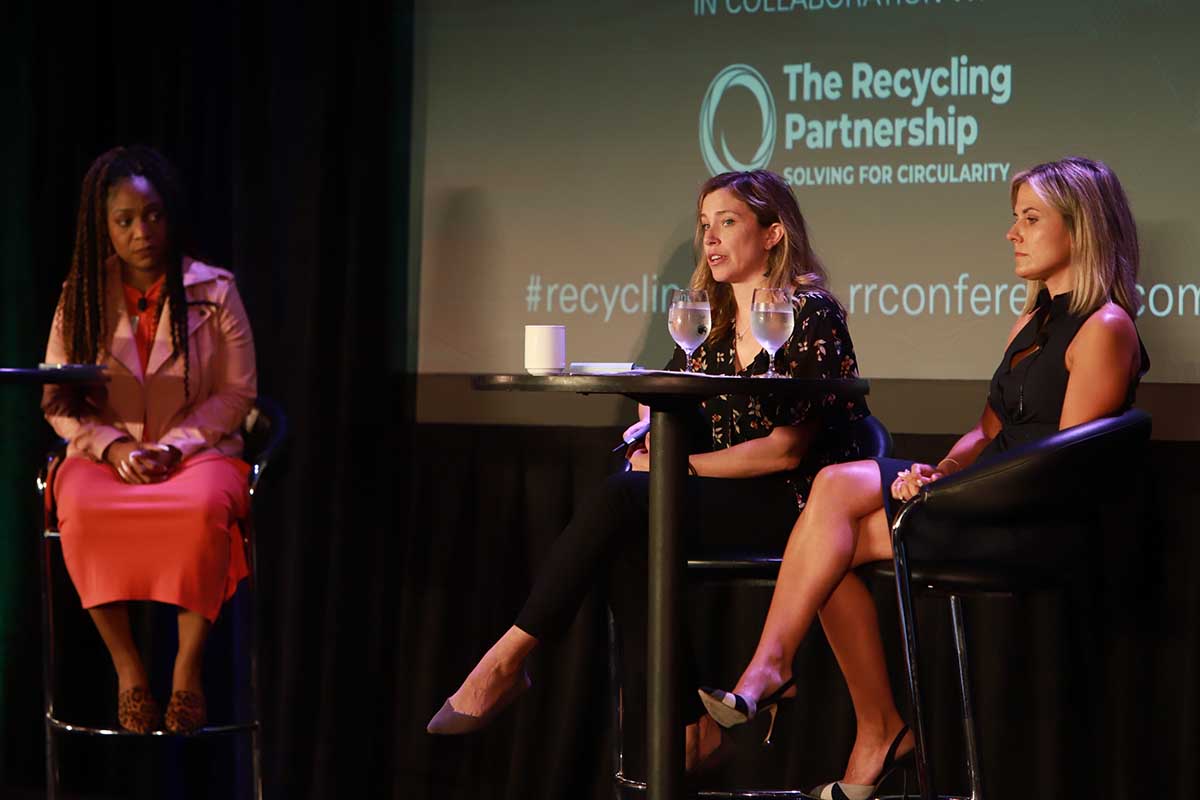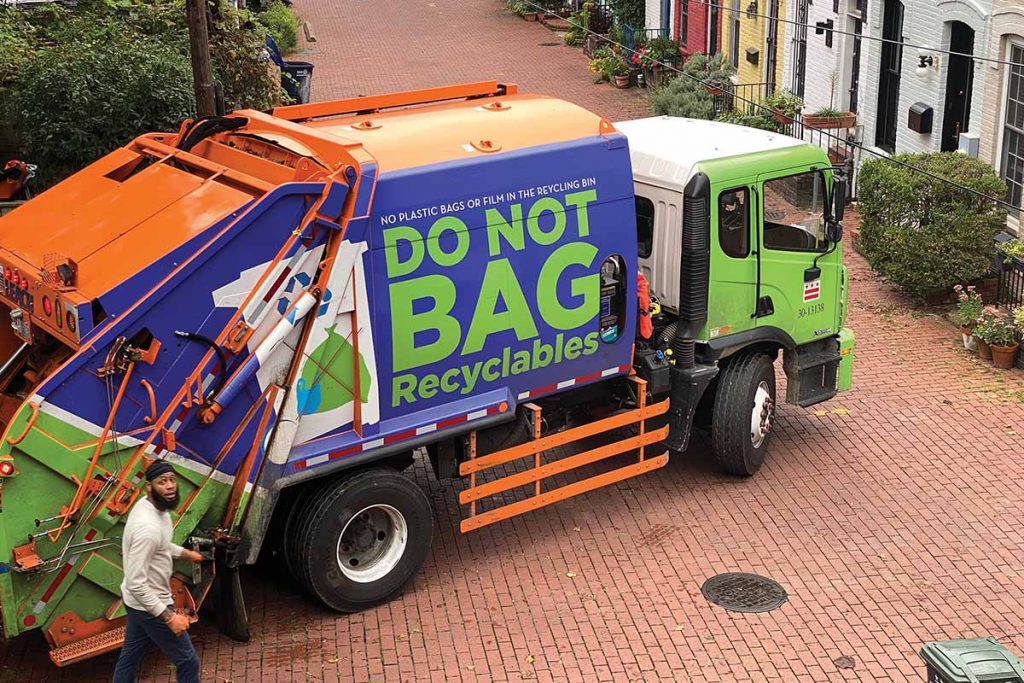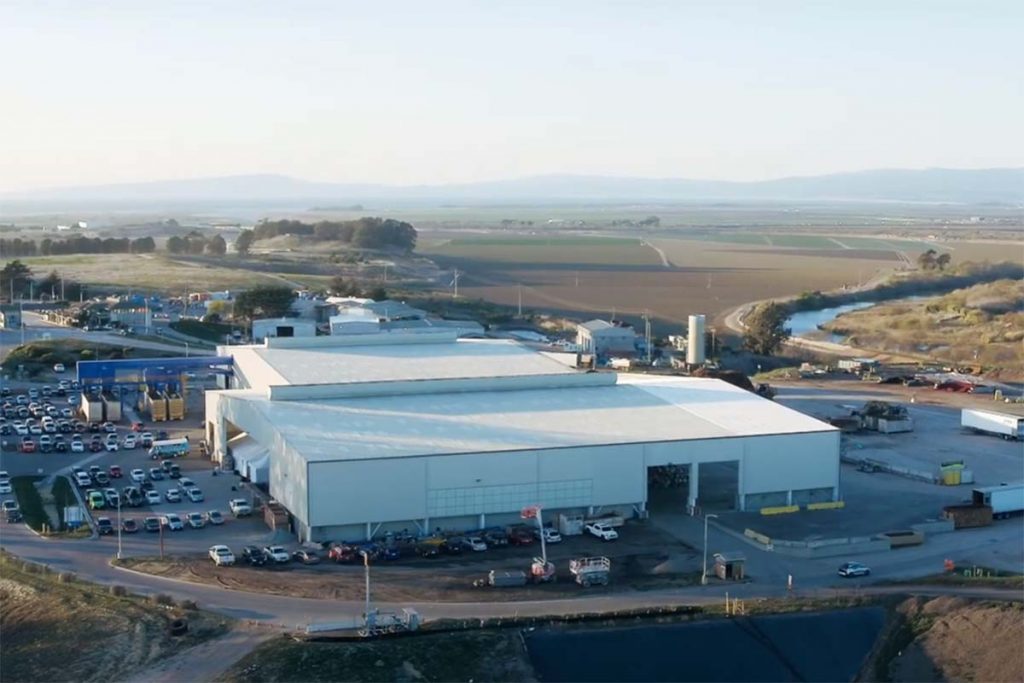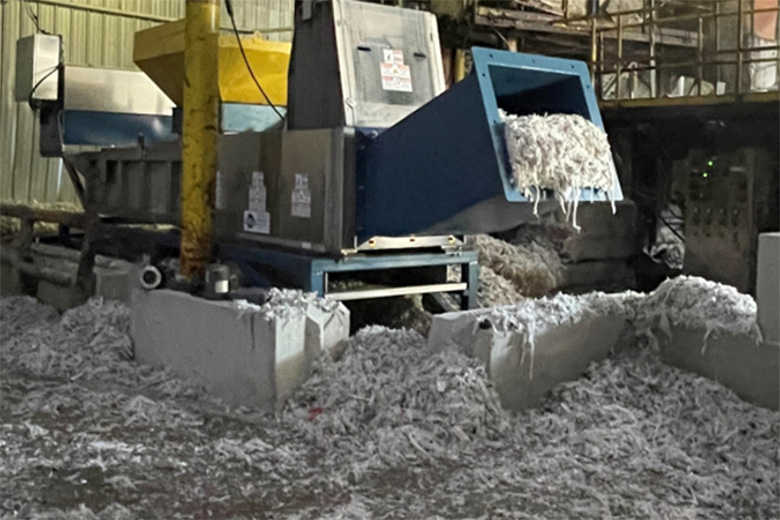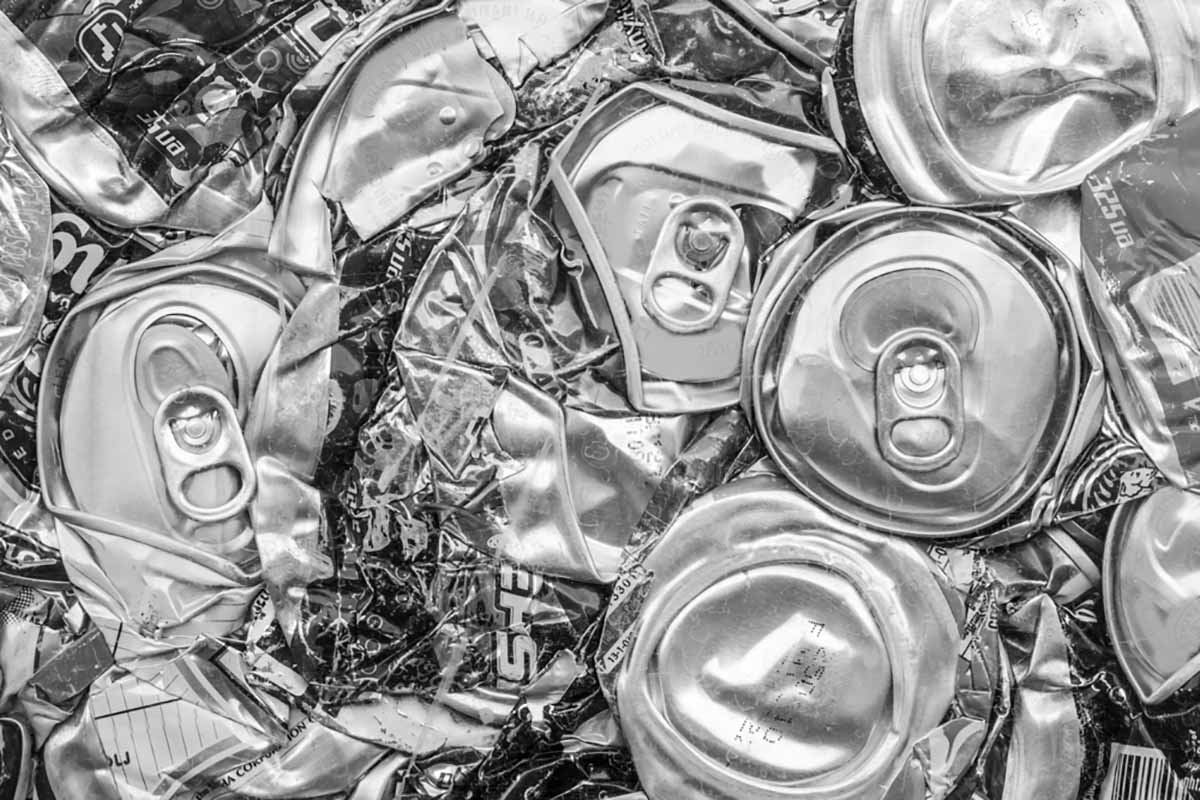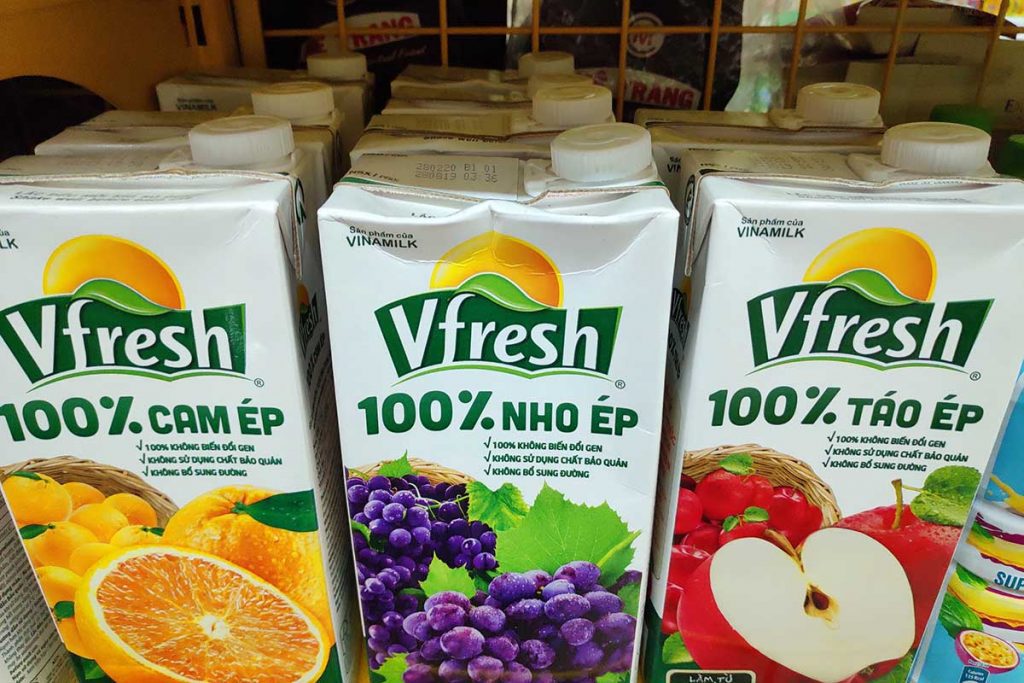
A pilot project will bring carton recycling to Ho Chi Minh City, Vietnam. | Ho Su A Bi/Shutterstock
Circular Action, Tetra Pak and Packaging Recycling Organisation Vietnam teamed up to create a carton recycling initiative in Vietnam they hope will increase recycling rates and provide income to freelance waste pickers.


